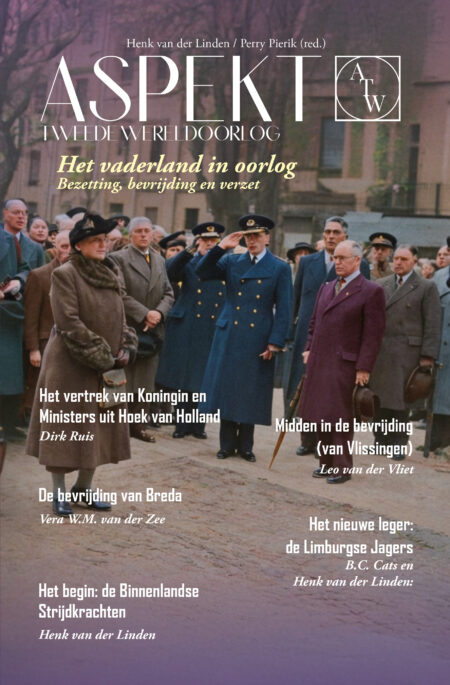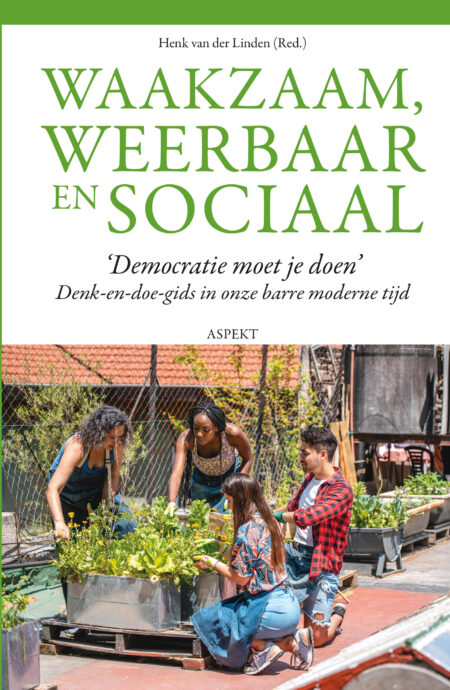-

Eyewitness to the war in Hungary
0€ 19,95Historical guiding principles: Leopold von Ranke’s advice, chronicle the past “as it really happened,” has been faithfully followed in this brief memoir based upon my personal observation. The author is mindful of Baruch Spinoza’s plea, “ridicule not, bewail not, nor scorn human actions, but understand them.”
Historical observations: The task of preventing germane historical information from slipping through my fingers has been my decisive incentive for leaving this brief autobiographical record behind, based upon my youthful eyewitness observations made in the war-weary Hungarian city of Debrecen during the years of 1943-1945.
But there has been another helpful motivation at work as well, prompted by a quote of Northrop Frye: “… Underneath all the complexity of human life” we uneasily “stare at an alien nature still haunting us,” and ponder of the “problem of surmounting it….” So lending a modest hand to the slow and incremental process of human self-understanding has also entered my mind.
-

Hungary and Geopolitics
0Guiding principles: Do chronicle the past “as it really happened,” Leopold von Ranke stressed long ago. Abiding by his spirit, this volume narrates the Hungarian nation’s quest for defending a sovereign existence while caught in the middle of a German‐Soviet geopolitical struggle decisively influencing life and death. The narrative also considers the diligent Hungarian Jewish community’s attempt of carrying on a normal life despite facing severe domestic and foreign impediments, eventually leading to the enormous Holocaust tragedy.
Historical observations: *Despite attending to Hungary’s destabilizing irredentism, Hitler sought no Hungarian invasion of the Soviet Union in 1941, and demanded large Honvéd forces only after his defeat at Moscow *The Holocaust’s intrusion into Hungary was triggered by a German military occupation, while local collusion and collaboration assisted it *Horthy was a calculating politician but not an anti‐Semite, resulting in his uneven, positive and negative treatment of the Jewish Magyars.
-

The Formidable “Arpad Line” of Hungary, 1944
0€ 19,95Historical guiding principles: Leopold von Ranke’s advice, chronicle the past “as it really happened,” is faithfully followed in this rare English language historical treatment of the formidable Árpád Line. The author is mindful of Baruch Spinoza’s plea, “ridicule not, bewail not, nor scorn human actions, but understand them.” Rationality pleads for heeding Albert Einstein’s observation: “Morality is of the highest importance… for our very existence depends on it.”



